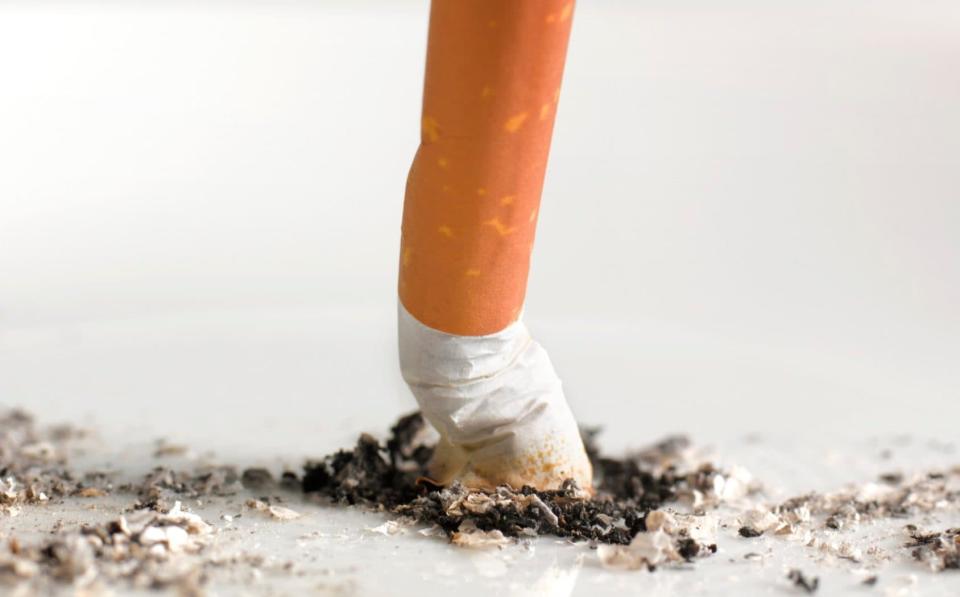New Zealand hands young a lifetime ban on cigarettes - after relaxing laws on recreational drugs

New Zealand plans to ban young people from ever smoking in one of the world’s toughest restrictions on tobacco, despite earlier moves effectively “decriminalising” the use of recreational drugs.
New Zealand currently outlaws tobacco sales to under-18s and Associate Health Minister Ayesha Verrall said on Thursday that from 2027, the age ban would increase by one year annually to keep the cohort smoke free.
"We want to make sure people never start smoking... as they age, they and future generations will never be able to legally purchase tobacco, because the truth is there is no safe age to start smoking," she said.
Last month, New Zealand became the first country to permanently legalise recreational drug testing, allowing people to test at music festivals, club nights and for personal use.
The trial was sparked after several incidents where festival-goers developed serious symptoms, including seizures, after taking pills.
It follows a law change in 2019 that allowed police to use their discretion over whether to prosecute people for possession of small amounts of illegal drugs.
Critics said the move by Jacinda Ardern’s Labour government could be seen as the decriminalisation of previously banned substances.
'Historic day'
In contrast, Dr Verrall said that Wellington would restrict where tobacco is sold and only allow products with low nicotine levels into the market. As many as 8,000 retailers sell tobacco in New Zealand, but this will be cut to around 500 under the new rules.
Ms Verrall said the measures maintained New Zealand's role as a global trailblazer in restricting tobacco, with actions such as banning cigarette sponsorship of sports in 1990 and banning smoking from bars in 2004.
"This is a historic day for the health of our people," she said.
"Smoking is still the leading cause of preventable death in New Zealand and causes one in four cancers."
She said the health toll was particularly heavy on Maori and Pacific communities, where smoking rates are around double the 13.5 percent recorded in the rest of the population.
“If nothing changes, it would be decades before Māori smoking rates fall below five per cent and this government is not prepared to leave anyone behind.”
The government aims to reduce that to five percent by 2025 and estimates achieving the goal would save the health system NZ$5.5 (£2.7bn) in future expenditure.
Lobby group Action on Smoking and Health said the planned changes meant that was now a realistic prospect, hailing the government for challenging "Big Tobacco".
"This collection of complementary measures will be the envy of countries struggling to combat the death and misery caused by smoked tobacco," ASH chairman Robert Beaglehole said.
"We will lead the world in tobacco control."
British American Tobacco New Zealand said the measures were "untested, unproven and without any scientific evidence of effectiveness".
"The combined impacts are effectively a gradual prohibition, which simply pushes supply underground to the black market," it said in a statement.
New Zealand has been a pioneer in drug programmes before. In 1987 the then Labour government introduced the world’s first national needle exchange program, which allowed intravenous drug users to receive clean needles.
The program significantly reduced the risk of catching HIV or hepatitis C, saving lives and a significant amount in health spending.

 Yahoo Movies
Yahoo Movies 